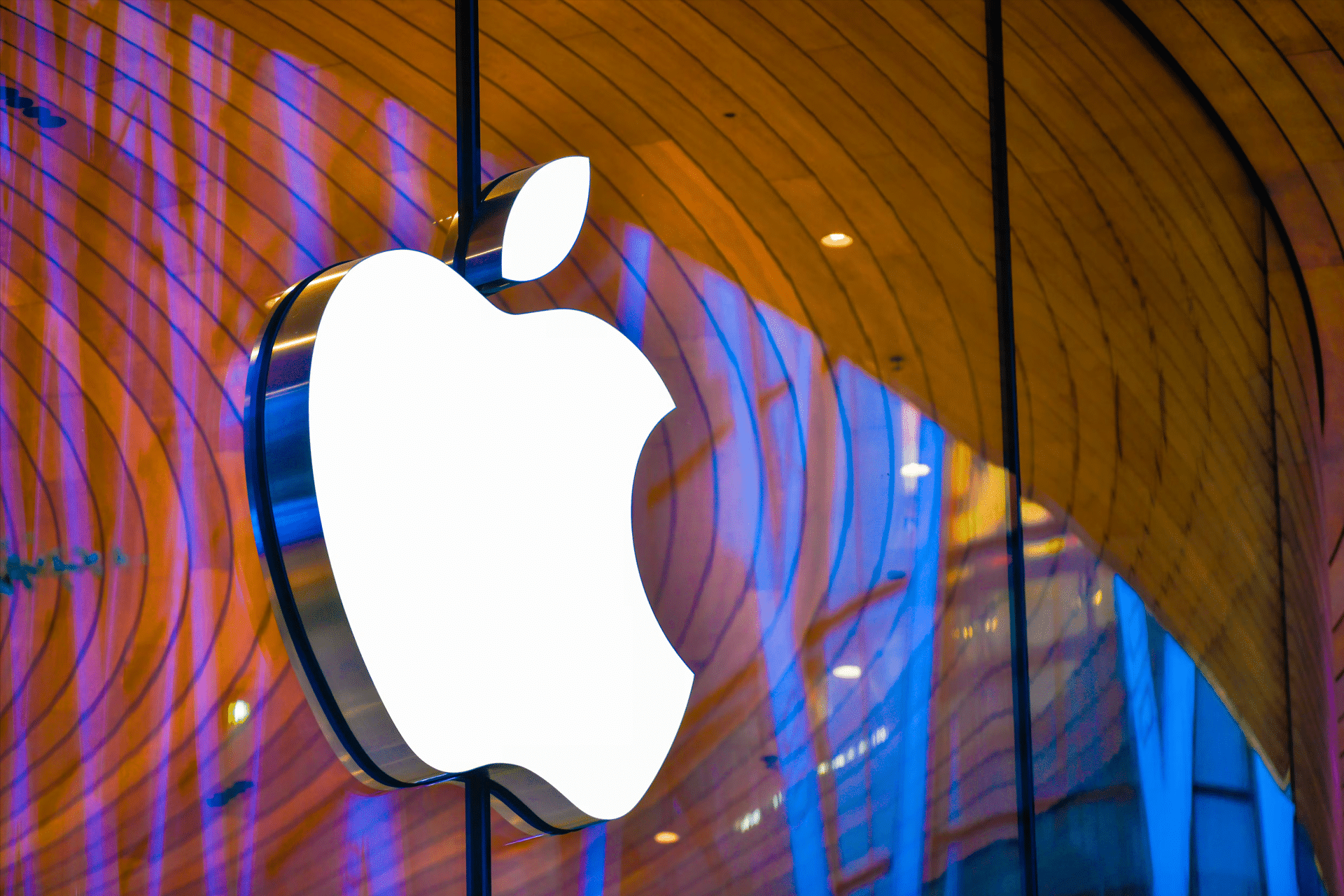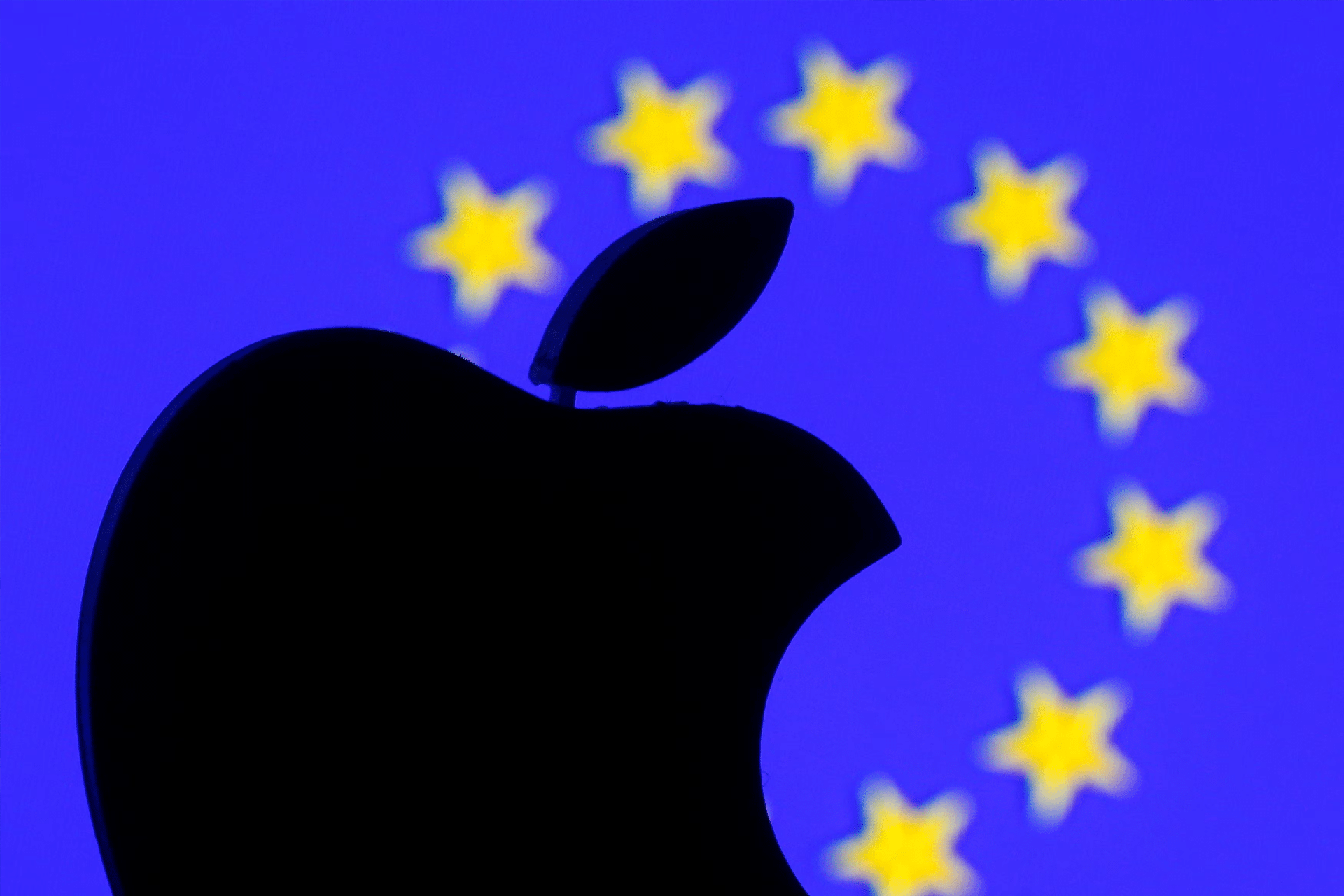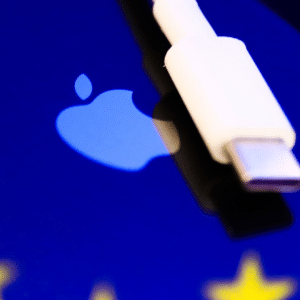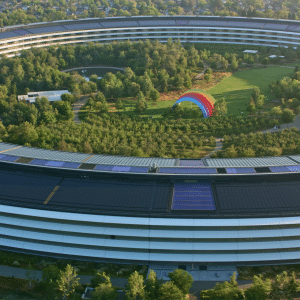The move highlights the growing tensions between Apple and EU regulators as they debate how best to ensure fair competition in digital markets.
The Digital Markets Act (DMA), which came into effect earlier this year, introduces strict new requirements for so-called “gatekeepers” — large technology companies with dominant influence over markets. Apple, which was designated under the DMA, faces obligations that range from allowing app sideloading to opening its platforms to rival payment systems.
Why Apple Is Pushing Back
Apple argues that the new law could undermine the security and privacy protections that have become central to its brand. The company has long maintained that its tightly controlled ecosystem is essential to protecting users from malware, fraud, and data exploitation. Critics, however, say those claims are designed to preserve Apple’s control over its lucrative platforms.
By challenging the law, Apple is aligning with other tech giants that have expressed concern about the DMA’s scope. The EU, however, has defended the legislation as a necessary safeguard against monopolistic behavior in an era where a handful of companies dominate global digital services.
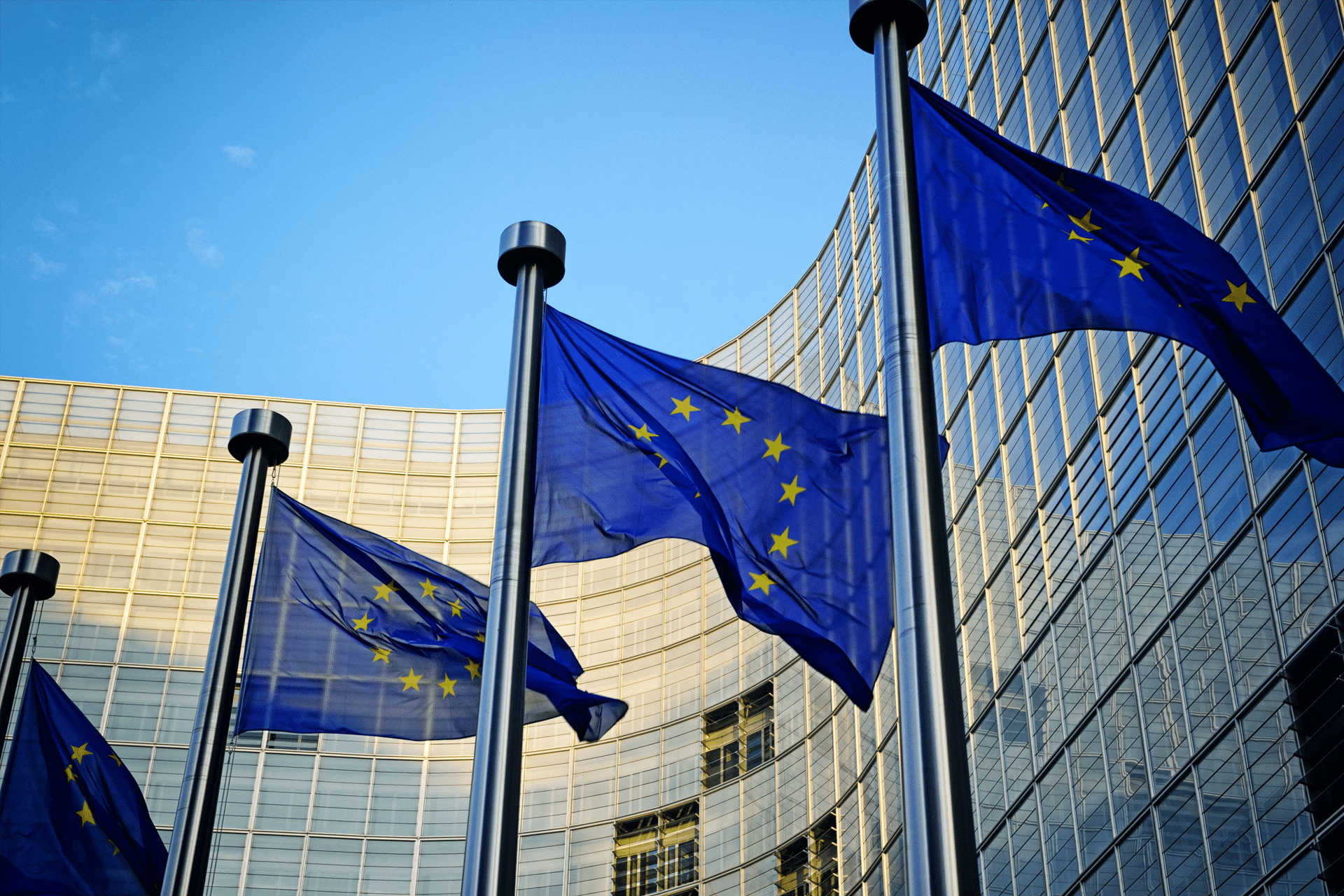
A Clash Over the Future of Digital Markets
The dispute between Apple and EU regulators reflects a broader global debate. Governments worldwide are increasingly scrutinizing the influence of big tech, with competition authorities in the United States, United Kingdom, and Asia pursuing similar regulatory initiatives. The EU’s Digital Markets Act is among the most ambitious of these efforts, setting a potential precedent for how digital platforms are managed.
For Apple, the stakes are high. Complying with the DMA could force the company to make fundamental changes to how its products and services operate in Europe. At the same time, resisting the law risks fines, legal challenges, and potential restrictions on its ability to do business in one of its largest markets.
What to Watch Next
Apple’s push to overturn the DMA sets the stage for a prolonged legal and political battle. The outcome could reshape not only Apple’s business in Europe but also the global approach to regulating digital competition.
The deeper implications of this fight — including how it may affect app developers, European consumers, and Apple’s broader strategy — are explored in this week’s full issue of the AppleMagazine digital edition.
